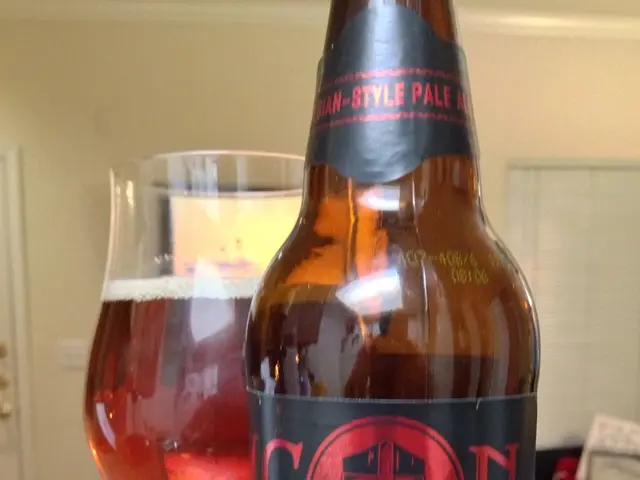Growing concern about unregulated hemp encroaching upon legal cannabis marketplaces
Unraveling the Hemp-Cannabis Paradox: A Tangle of Regulations
In the realm of cannabis, competing against hemp-derived products feels like a déjà vu for businesses subjected to stricter regulations. While hemp, containing less than 0.3% delta-9 THC, is federally legal under the 2018 Farm Bill, traditional cannabis, colloquially known as marijuana, remains a Schedule I narcotic and is federally illegal, despite various states legalizing it.
The 2018 Farm Bill, also known as the Agriculture Improvement Act, lifted hemp from the Controlled Substances Act and allowed for hemp cultivation, production, and interstate transport. Regulatory oversight is now with the USDA, while states and tribes are free to develop their own hemp programs. On the flip side, marijuana-derived cannabis, coming from cannabis sativa or cannabis indica, runs the risk of prosecution under federal law.
The loosened regulations surrounding hemp-derived cannabis have birthed a booming market. This boom, however, has been marred by controversy and a questionable legal status. Numerous products are virtually identical to marijuana-based cannabis, which comes with far tighter regulatory oversight. Unfortunately, these products have been the cause of dangerous incidents nationwide.
Industry Insights
Mike Goral, a tax professional and CPA who leads the cannabis practice at Armanino, anticipates this relaxed regulatory climate for hemp-derived cannabis to be short-lived. He expresses concerns about the lack of oversight, as cannabis companies adhere to red tape, pay taxes, and follow regulations, while hemp-based companies can produce THC products from hemp under the Farm Bill with negligible oversight. Larger multi-state operators have even started joining the fray by launching their own hemp-derived lines.
Brenda Bader, owner of the cannabis-centric firm Gold Leaf Accounting in Missouri, highlights the local markets' confrontation with the hemp-based cannabis conundrum. Although she doesn't condemn the product's existence in the market, she attributes the lack of legal oversight to dangerous incidents, customer frustration, and an image crisis in more traditional areas.
Legal Landscape
Jeffrey Hoffman, who operates one of the largest cannabis-centric legal practices in New York, observes that hemp-derived cannabis products face significant legal challenges in many states, but advises keeping an eye on Texas, which he claims is the largest market for the product by far. The Lieutenant Governor of Texas is pushing to eliminate an entire multi-billion-dollar industry with a bill aimed at making all intoxicating hemp products illegal. Meanwhile, states like California, Nebraska, Florida, and South Dakota have proposed bills related to these products, while Tennessee has proposed regulations, and Arkansas, Alaska, and Virginia have implemented bans or regulations on hemp-based cannabis products.
In essence, the regulatory landscape for hemp-derived cannabis products remains murky as they exist in a regulatory no-man's land. The dissonance between federal and state laws creates a competition unfairness for compliant businesses, while the lack of federal oversight has led to alarming incidents across the country.
- Mike Goral, a tax professional and CPA, predicts that the relaxed regulatory climate for hemp-derived cannabis will not last, expressing concerns about the lack of oversight in the industry.
- Larger multi-state operators have begun entering the hemp-derived cannabis market, launching their own lines.
- Brenda Bader, owner of Gold Leaf Accounting, emphasizes the local markets' struggles with the hemp-based cannabis conundrum, attributing dangerous incidents, customer frustration, and an image crisis to the lack of legal oversight in more traditional areas.
- Jeffrey Hoffman, a cannabis-centric legal practitioner, notes that hemp-derived cannabis products face numerous legal challenges in many states, advocating for monitoring the situation in Texas, which he claims is the largest market for the product.5.States like California, Nebraska, Florida, and South Dakota have proposed bills related to hemp-derived cannabis products, while Tennessee has proposed regulations, and Arkansas, Alaska, and Virginia have implemented bans or regulations on these products.
- The regulatory landscape for hemp-derived cannabis products remains unclear, as they exist in a no-man's land of federal and state laws.
- The dissonance between federal and state regulations creates competition unfairness for compliant businesses, while the lack of federal oversight has led to alarming incidents across the country.






